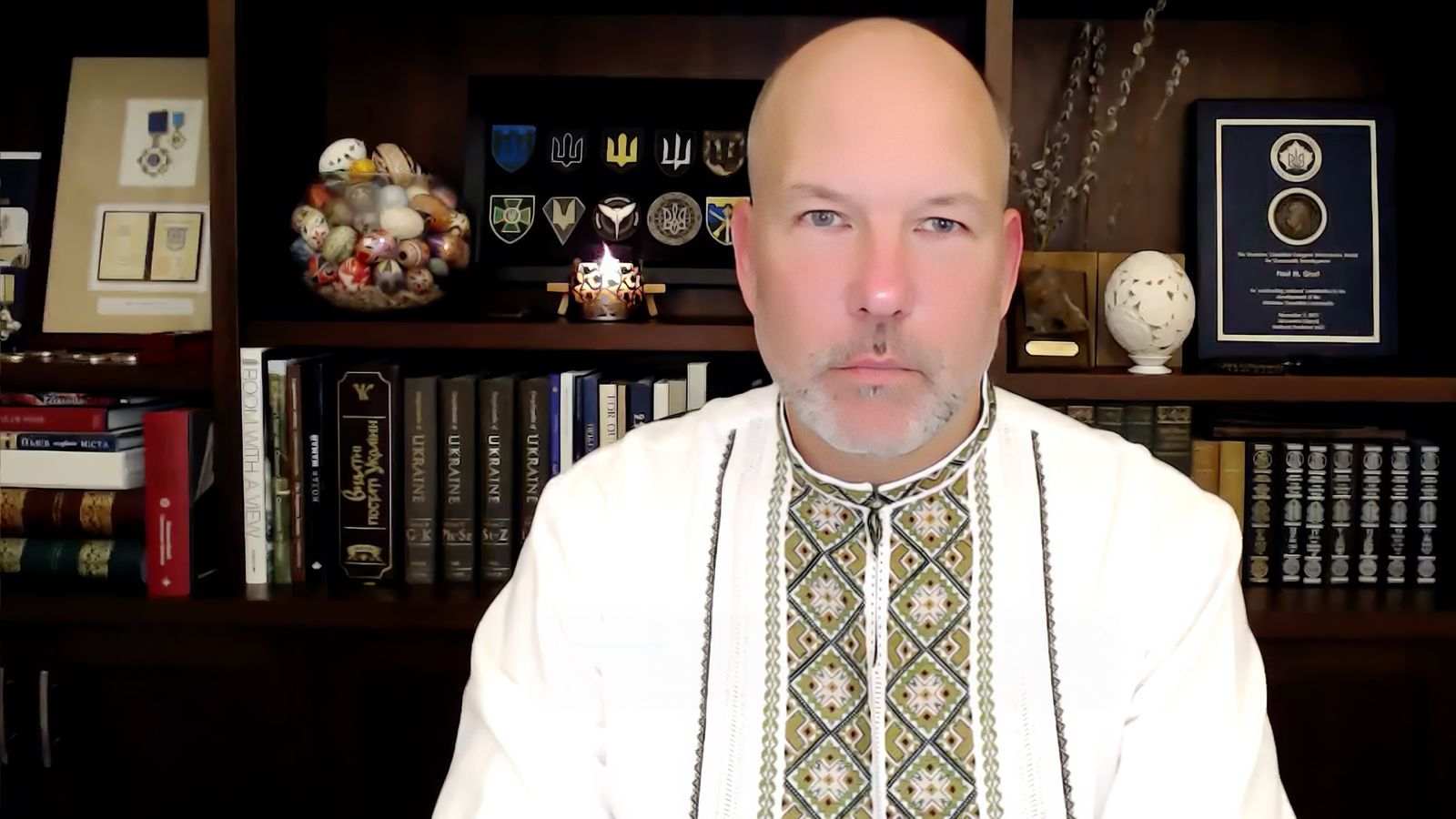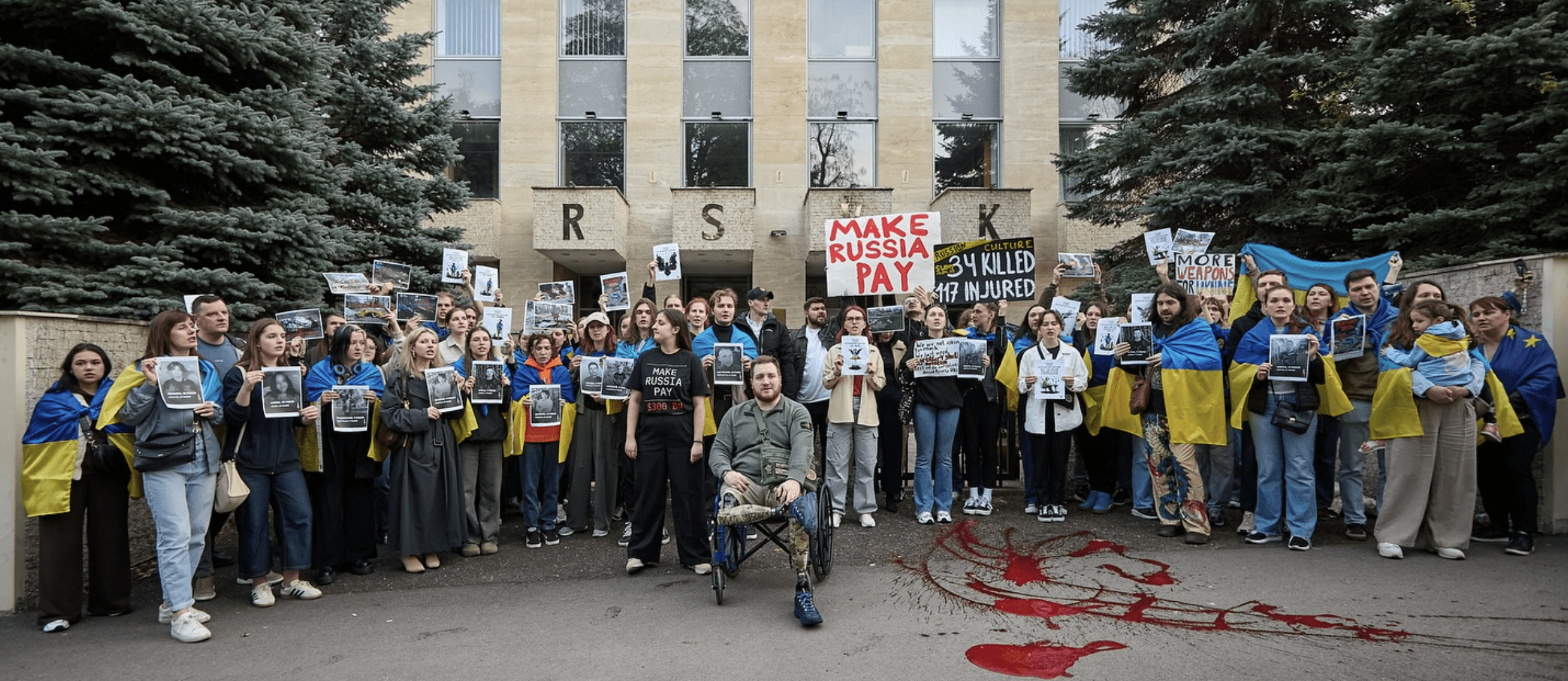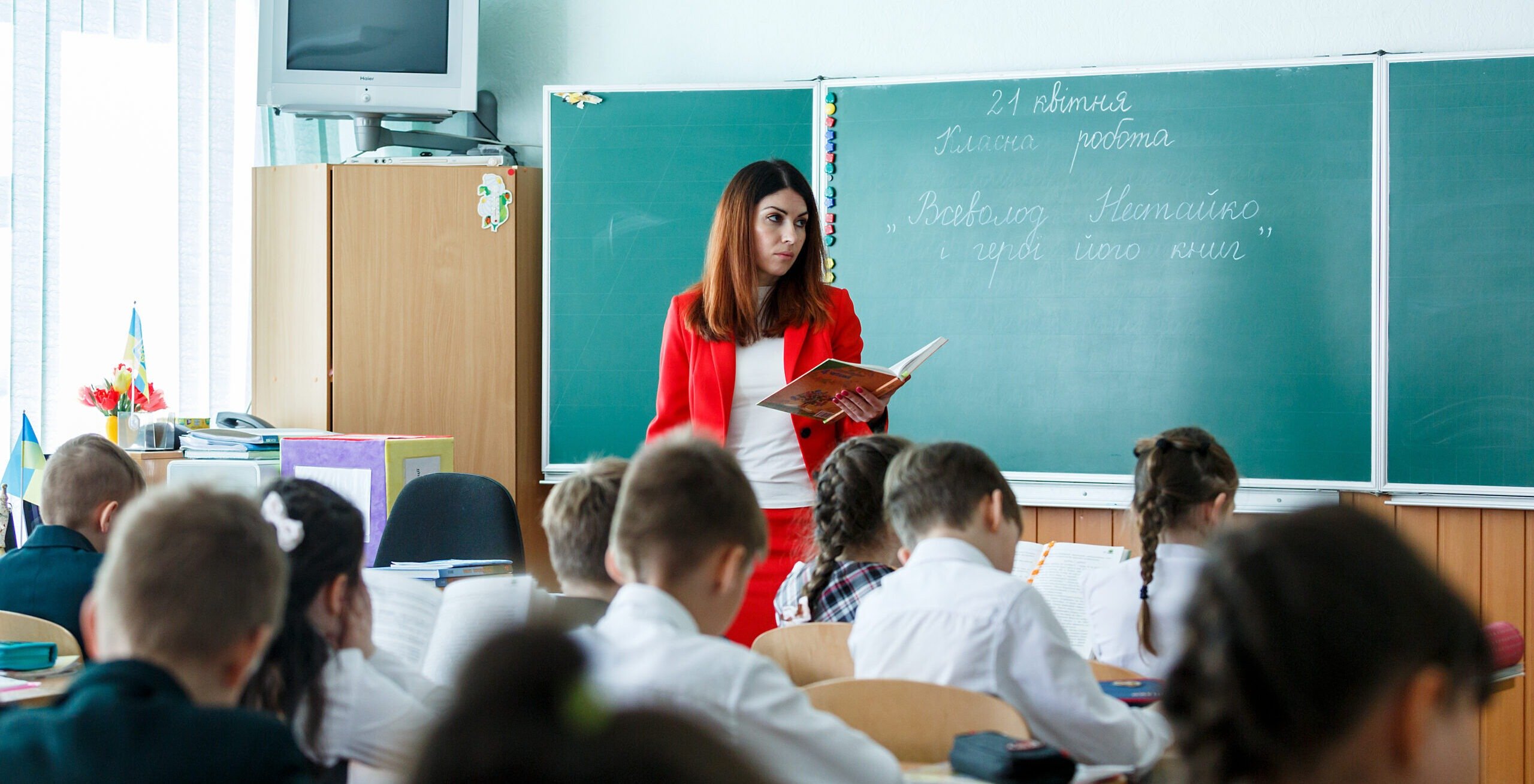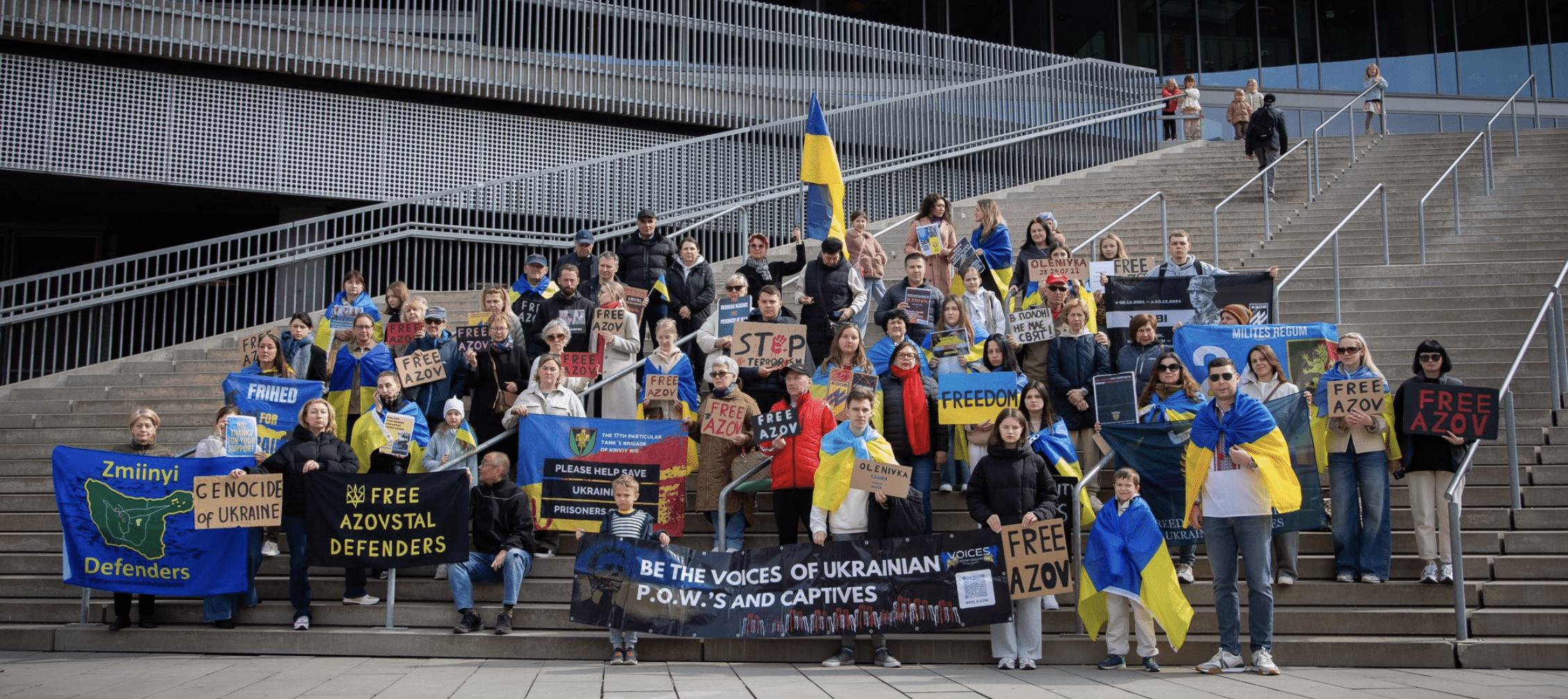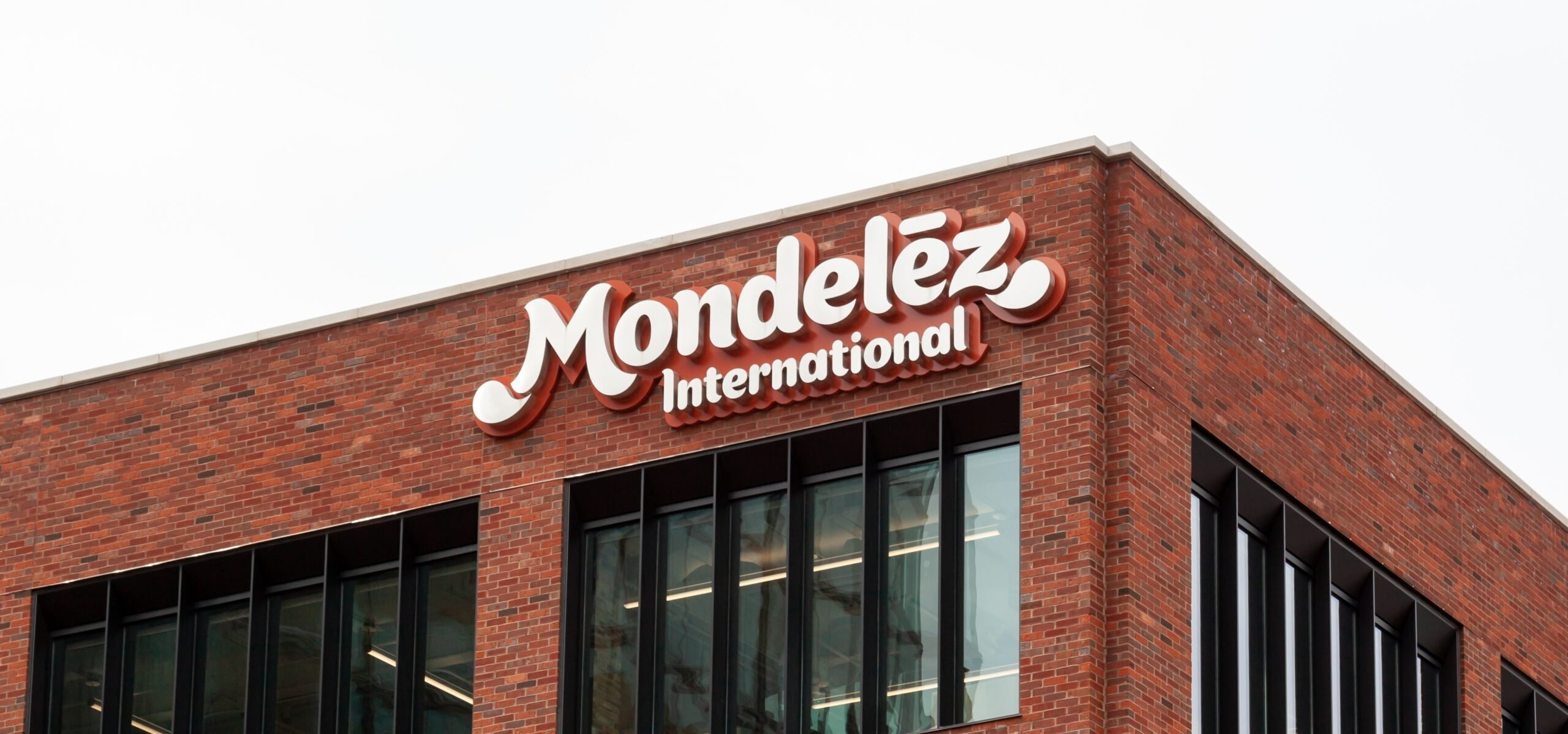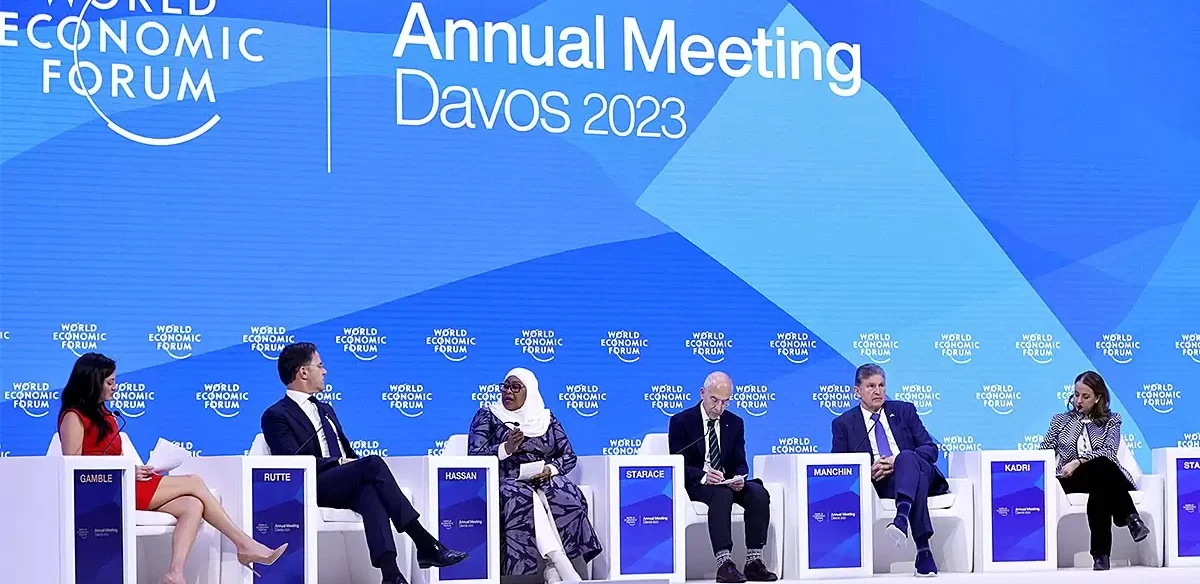
Disinformation and misinformation have emerged as the primary short-term global risks in the world, according to experts at the World Economic Forum in Davos, as stated in the Global Risks Report.
The analysis outlines short-term and long-term risks, with disinformation topping the list of major short-term threats for the first time. Over half of the experts – 53% – identify misinformation as particularly dangerous in the field of technology. Experts predict this risk will remain most relevant over the next two years.
“Misinformation and disinformation has risen rapidly in rankings to first place for the two-year time frame, and the risk is likely to become more acute as elections in several economies take place this year,” the report states. The experts emphasize that spreading disinformation does not require special skills, as the process can occur through artificial intelligence.
“Easy-to-use interfaces to large-scale artificial intelligence (AI) models have already enabled an explosion in falsified information and so-called ‘synthetic’ content, from sophisticated voice cloning to counterfeit websites,” the report notes.
Other short-term risks include extreme weather conditions, social or political polarization, inter-state armed conflicts, economic opportunity deficits, inflation, forced migration, recession, and pollution.
Among the 10-year long-term risks, experts listed environmental risks, extreme weather conditions, critical climate change, loss of biodiversity, ecosystem collapse, and the shortage of natural resources. Disinformation also appears on this list, occupying the fifth position.
Cover: Associated Press / Alamy Stock Photo
